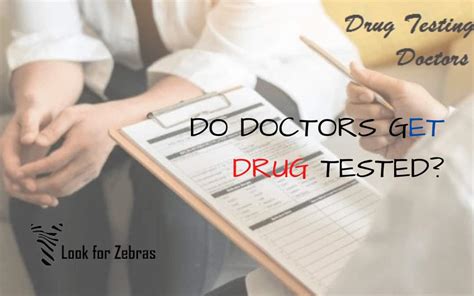As the demand for skilled HVAC (heating, ventilation, and air conditioning) technicians continues to rise, many aspiring technicians and current professionals may wonder about the industry's stance on drug testing. The question of whether HVAC techs get drug tested on the job is a valid one, especially considering the potential safety risks and physical demands associated with the profession.
The Importance of a Drug-Free Workplace
Maintaining a safe and healthy work environment is crucial for any industry, and the HVAC sector is no exception. Employers, customers, and colleagues all benefit from a workplace that is free from the negative effects of substance abuse. A drug-free environment not only ensures the physical safety of individuals but also promotes productivity, reduces absenteeism, and minimizes the risk of accidents and injuries.
HVAC Industry Standards and Regulations
While there is no single, overarching regulation that governs drug testing for HVAC technicians, various industry standards and guidelines do exist. For example:
- The Occupational Safety and Health Administration (OSHA) requires employers to maintain a safe work environment, which includes taking measures to prevent substance abuse.
- The Environmental Protection Agency (EPA) regulates the handling of refrigerants and other hazardous materials, which may necessitate drug testing for technicians working with these substances.
- The Air Conditioning Contractors of America (ACCA) and the Plumbing-Heating-Cooling Contractors Association (PHCC) provide guidelines for HVAC technicians, including recommendations for substance abuse prevention and detection.
Drug Testing Policies in the HVAC Industry
Drug testing policies for HVAC technicians can vary widely depending on the employer, location, and specific job requirements. Some common practices include:
- Pre-employment screening: Many HVAC companies conduct drug tests as part of their hiring process to ensure that new employees are substance-free.
- Random testing: Some employers may conduct random drug tests on employees to detect and deter substance abuse.
- Post-accident testing: In the event of a workplace accident or injury, employees may be required to undergo drug testing to determine whether substance abuse was a contributing factor.
- Reasonable suspicion testing: Employers may conduct drug tests if they have reason to believe that an employee is under the influence of a controlled substance while on the job.
Consequences of a Positive Drug Test
If an HVAC technician tests positive for a controlled substance, the consequences can be severe and may include:
- Termination of employment: A positive drug test can result in immediate termination, especially if the technician is working with hazardous materials or operating heavy equipment.
- Loss of certifications or licenses: A positive drug test can lead to the revocation of industry certifications or licenses, making it difficult for the technician to find employment in the future.
- Mandatory rehabilitation: In some cases, employers may require technicians to undergo substance abuse counseling or rehabilitation programs as a condition of continued employment.
Best Practices for HVAC Technicians
While drug testing policies can vary, there are some best practices that HVAC technicians can follow to maintain a safe and healthy work environment:
- Be aware of company policies: Familiarize yourself with your employer's drug testing policies and procedures.
- Maintain a clean work environment: Report any suspicious activity or behavior to your supervisor or HR representative.
- Seek help when needed: If you are struggling with substance abuse, seek help from a medical professional or counseling service.
The Bottom Line
While drug testing policies may vary in the HVAC industry, it is essential for technicians to maintain a substance-free work environment. By understanding the importance of a drug-free workplace and following best practices, HVAC technicians can contribute to a safer and healthier work environment for everyone.
